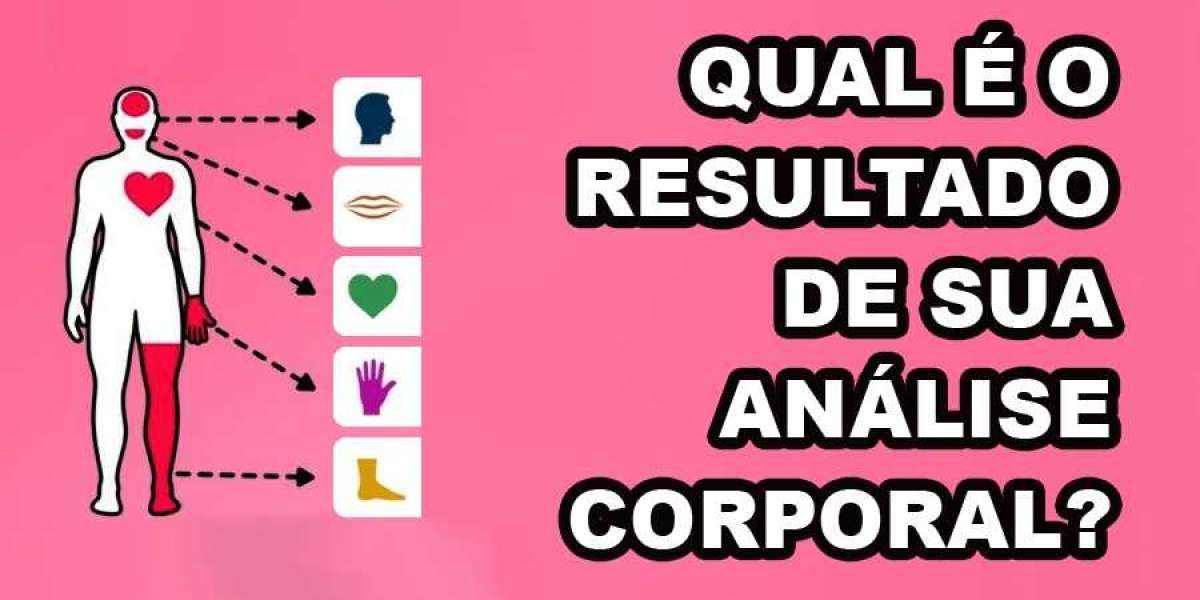In many instances, they might not accept or acknowledge that there's even an issue with their conduct. However, DSM-5 classifies each delinquent and narcissistic personality problems as cluster B personality issues, a class that additionally contains borderline and histrionic character disorders. Both sociopaths and psychopaths commit crime as a outcome of they are motivated by greed or revenge. But psychopaths feel no regret after their crimes because they lack the ability to empathize. In many instances, they’re probably residing with ASPD, a condition that develops from a mix of genetic and environmental components, including childhood abuse and neglect.
He distinguishes psychopaths from different psychiatric sufferers as typically free from delusions or irrational thinking, suicidality, or other self-harm tendencies, and, particularly, from anxiety or fear.
Regardless of the severity, people with these traits could cause harm to others. If you think you understand someone who matches both of those molds, it's crucial you take away your self from the place of being a possible sufferer and communicate with a psychological well being professional. So what's the actual difference between a person with sociopathy and a person with psychopathy? There are overlaps, and it is not always possible or needed to discover out whether somebody has one versus the other. Overall, there are criteria and remedy protocols for ASPD, and therapists can use that diagnosis to information therapy for people who have traits of both sociopathy or psychopathy.
Previous research estimates that between 38 and 69 p.c of instances could also be hereditary. To obtain a diagnosis of ASPD before the age of 18, a teen should also have a earlier diagnosis of CD by age 15. If an adolescent or teen shows an ongoing pattern of aggression toward others and regularly makes choices in opposition to the foundations and Leitura da Linguagem Corporal social norms at home, at college, or with peers, a clinician may determine to judge for CD. "For most individuals, the worst of the habits occurs within the late teen years all through the twenties," he explains. Before explaining the factors used to diagnose ASPD, it’s essential to mention that diagnosing and treating ASPD presents some distinctive challenges. The true definition of a psychopath in psychiatry refers to someone with ASPD, explains Dr. Prakash Masand, a psychiatrist and co-founder of the Centers of Psychiatric Excellence. ASPD describes a condition marked by patterns of manipulation tactics and violation of others.
"Like different aversive character patterns, [antisocial] traits may well have emerged to serve a survival function," says Tamatea. "Psychopathic persons don't fall out of the sky. There is prone to be a background of trauma and abuse, psychophysiological variations, and a posh history of impaired relationships all through their lives," says Tamatea. Instead of evaluating it with sociopathy, the literature tends to make use of psychopathy as an umbrella term for the ASPD subtypes. For instance, you can sometimes see sociopathy referred to as "secondary psychopathy." Additionally, analysis means that 38–69% of people with ASPD inherit it from their parents. According to the Diagnostic and Statistical Manual of Mental Disorders (DSM-5), children of each adoptive and biological parents with ASPD have an increased likelihood of growing the condition. Canadian psychologist Robert Hare developed the Psychopathy Checklist-Revised (PCL-R) in the Nineteen Nineties to determine whether a person had psychopathy.
The highest rating a person can get on the PCL-R is 40, and a score of no less than 30 is required for somebody to be classified as a psychopath. The time period sociopathy was coined within the period of behaviorism between 1920 to 1950 as a primary psychological principle, but it has since fallen out of use. You’ve probably heard the terms "sociopath" and "psychopath" before, however what do they actually mean? In reality, neither is a clinical diagnosis, and whereas each counsel a similar set of traits referring to delinquent behavior and emotional detachment, they have completely different origins—and various relevance in today’s scientific community.
The behaviors which are often seen in each are inclined to fall beneath the criteria of ASPD. The mental health skilled may also look at a person’s medical history. This full analysis is a important step since people with ASPD usually produce other psychological well being and substance use disorders. And criminal defendants labeled with psychopathic or sociopathic traits are usually topic to harsher sentences, no matter their precise psychological health. Some researchers imagine that psychopathy is a form of ASPD, whereas others say that it is a separate condition. Psychopath is an informal approach to describe an individual who displays psychopathic traits.
 As communicative shows, demonstrations of anger are ruled by display rules; the kid is socialized in order that they be taught when it's appropriate to show the emotion [75]. Many different definitions of empathy exist (for a evaluate, see [15]); researchers discuss with very totally different neurocognitive functions with the identical term. Rather than specify an additional definition, this paper will concentrate on particular neurocognitive processes, which may be considered empathic, that decrease the chance of aggression. At any moment, someone’s aggravating behavior or our personal dangerous luck can set us off on an emotional spiral that threatens to derail our whole day. Here’s how we are ready to face our triggers with less reactivity so that we can get on with our lives. According to Cleckley, psychopaths present unreliability, while the PCL mentions "irresponsibility," and the PPI describes psychopaths as exhibiting "blame externalization," i.e. they blame others for things which might be actually their fault. They could admit blame when forced into a nook, but these admissions are not accompanied by a sense of shame or regret and have no power to change future behavior.
As communicative shows, demonstrations of anger are ruled by display rules; the kid is socialized in order that they be taught when it's appropriate to show the emotion [75]. Many different definitions of empathy exist (for a evaluate, see [15]); researchers discuss with very totally different neurocognitive functions with the identical term. Rather than specify an additional definition, this paper will concentrate on particular neurocognitive processes, which may be considered empathic, that decrease the chance of aggression. At any moment, someone’s aggravating behavior or our personal dangerous luck can set us off on an emotional spiral that threatens to derail our whole day. Here’s how we are ready to face our triggers with less reactivity so that we can get on with our lives. According to Cleckley, psychopaths present unreliability, while the PCL mentions "irresponsibility," and the PPI describes psychopaths as exhibiting "blame externalization," i.e. they blame others for things which might be actually their fault. They could admit blame when forced into a nook, but these admissions are not accompanied by a sense of shame or regret and have no power to change future behavior.Empathy and remorse in sociopaths vs. psychopaths
Translating the knowledge above into assessment strategies and using this information to improve current interventions are the next challenges. In work on human aggression, a fundamental distinction has been drawn between instrumental (aka proactive/planned) and reactive (aka affective/defensive/impulsive) aggression [4]. The aggressor anticipates that the act could have a positive outcome (increased assets or social standing or gratification of a perceived need). It will be argued under that empathy dysfunction increases the chance for instrumental aggression. Our findings showed that emotional awareness was lower in individuals with stronger psychopathic tendencies, however only if they'd skilled childhood abuse/neglect.
Can People with an Antisocial Personality Feel Empathy or Remorse?





